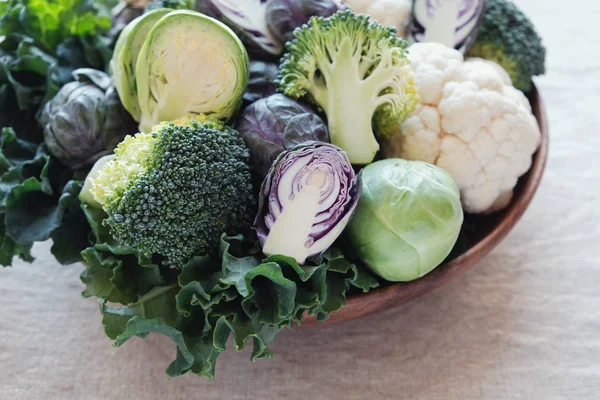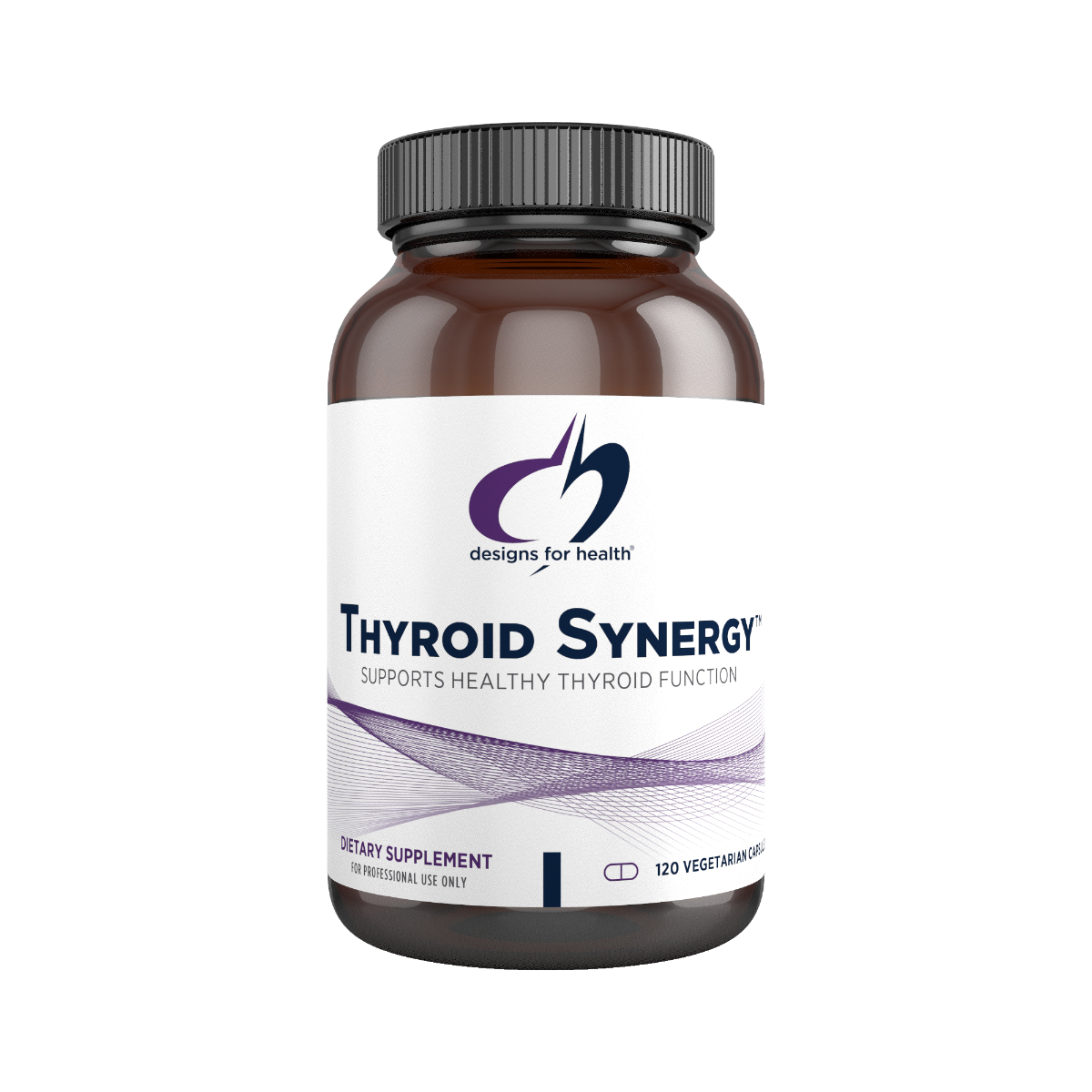Navigating Your Diet for Thyroid Health: Understanding Goitrogens

When it comes to thyroid health, what you eat matters. Have you ever heard of goitrogens? These naturally occurring compounds found in certain foods can impact your thyroid function, especially if your iodine intake is low or if you have an existing thyroid condition.
Goitrogens can interfere with the thyroid’s ability to use iodine correctly, potentially leading to an enlargement of the gland, known as a goiter. But before you start clearing out your fridge, it’s important to know that goitrogens only pose a risk if consumed in very large amounts and cooking can deactivate many of these compounds.
Foods containing goitrogens include:
- Cruciferous vegetables like broccoli, cauliflower, kale, and Brussels sprouts.
- Soy products like tofu, tempeh, and soy milk.
- Certain fruits and starchy plants like strawberries, peaches, and sweet potatoes.
Here’s how you can manage goitrogen intake for thyroid health:
- Moderation is Key: You don’t need to eliminate these nutritious foods from your diet. Instead, consume them in moderation and ensure you’re getting a balanced diet.
- Cooking Reduces Goitrogens: Steaming, boiling, or fermenting these foods can significantly reduce their goitrogenic content. Enjoying these foods cooked rather than raw can help minimize their impact on your thyroid.
- Focus on Iodine: Ensuring you have enough iodine in your diet can help offset the effects of goitrogens. Foods rich in iodine include seaweed, fish, dairy, and eggs.
Remember, food is your ally in maintaining your health. By understanding how different foods interact with your body, you can make informed decisions that support your thyroid health. Always consider consulting with a healthcare provider or a dietitian to tailor dietary choices to your specific health needs.
Embrace your health journey with knowledge and balance.


